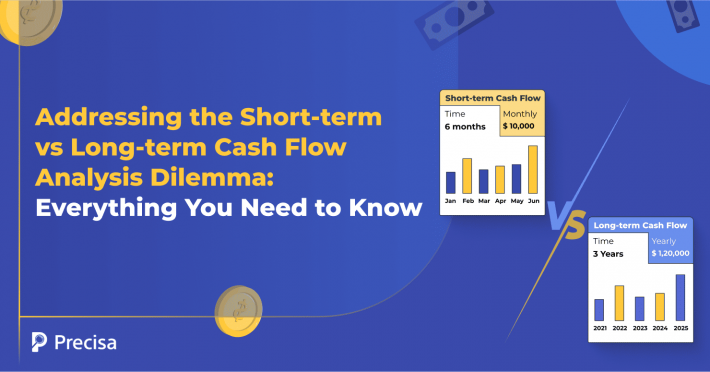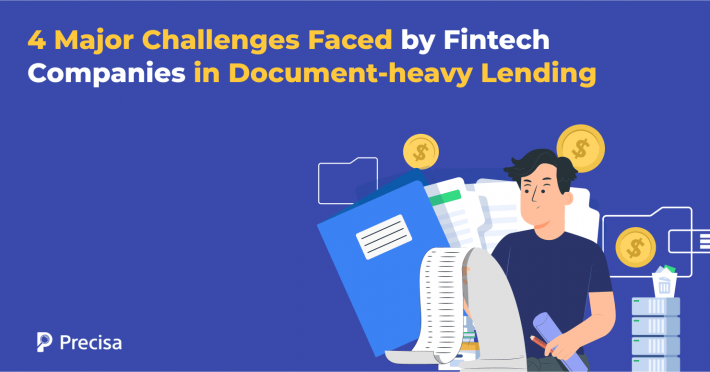Why Should Lenders Consider Outsourcing Debt Recovery for a Day Past Due

A recent Saral Finance survey suggests that around 67% of Indians have taken a loan at some stage to meet their financial requirements. That is a whopping 938 million people.
Worryingly, the number of wilful defaulters has increased steadily over the last five years shooting to Rs 353,874 crore involving more than 16,500 accounts as of March 2023.
Despite introducing new ways to verify a borrower’s creditworthiness, the Central Bank of India expects this trend to continue in the upcoming years.
Needless to say, debt recovery in India is challenging, compelling lenders to rely on third-party debt recovery agencies. But, when should lenders prioritise outsourcing collections for a day past due?
This article sheds light on the importance of day past due, the benefits of outsourcing debt recovery, and when lenders should consider it.
What is a Day Past Due?
As the name suggests, day past due is the total number of days a borrower has failed to repay a credit card payment or an EMI.
This data can be found in the ‘Payment History’ section of your credit report. It is one of the most crucial determining factors for lenders while approving credit card applications or loans.
Why is Day Past Due Important?
As mentioned earlier, a day past due is a fair reflection of how you are repaying loans or EMIs. It includes important details including your payment timeline to help lenders check whether the borrower has made all the payments diligently in the last 36 months.
If your day past due is ‘000’, it indicates that you have cleared your monthly dues and loans on time.
This data enables lenders to assess a borrower’s credit score and creditworthiness streamlining loan approvals. Consistent non-payments and misses put you in the lender’s bad books since you pose a major risk to them.
When Should Lenders Prioritise Outsourcing Debt Recovery?

Should lenders outsource debt recovery to third-party agencies or do it in-house? While several factors influence this decision, let us explore some top reasons:
Lack of Time and In-house Resources
Delinquency rates in India vary across the different types of lending institutions. While the delinquency rates for private banks hover around 1.5 per cent, the same for NBFCs is around 2.9 per cent. The delinquency rate in the lending sector primarily refers to the percentage of unpaid loans in a lender’s portfolio.
A majority of traditional lenders do not have sufficient resources and time to chase defaulters or delinquent accounts, resulting in high delinquency rates. Additionally, in-house teams may lack the expertise required to pursue these accounts, underscoring the need for professional debt recovery agencies.
High Recovery Costs
Apart from being tedious and time-consuming, in-house debt recovery management requires significant capital.
For instance, lenders would need to invest in a dedicated in-house team along with the necessary technology, office space, and other supporting infrastructure leading to higher operational costs. Outsourcing debt recovery helps lenders navigate past these internal expenses since they do not require an in-house debt recovery team.
To add, lenders can eliminate the expenses required to train in-house personnel and help them understand the different aspects of debt recovery negotiation, communication, and more.
Access to Technology
It is safe to say that some banks and other traditional lenders have been overall sluggish while embracing new technologies that streamline debt recovery due to the reluctance to let go of legacy tools and large upfront costs.
New-age tools and platforms allow lenders to fast-track debt recovery and improve the efficiency of the entire process.
Debt recovery agencies and agents use specialised debt recovery tools and platforms that automate redundant tasks through the debt recovery cycle. These tools track and manage important data including collection timelines, borrower communication payment history, etc.
Therefore, lenders should prioritise outsourcing debt recovery if their in-house teams need more skills, knowledge, and predictive analysis capabilities. This allows lenders to focus on other important tasks without building complicated systems.
Lack of Debt Recovery Compliance and Legal Expertise
Third-party debt recovery agents and businesses are updated with the latest trends, regulations, and other technicalities linked with debt recovery. Debt recovery businesses also understand the intricacies of consumer protection laws, fair debt recovery practices, and other sector-specific regulations.
Lenders can shrug aside this burden by outsourcing debt recovery to agents who can easily navigate past the different legal processes and roadblocks.
On top of it, outsourcing collections for a day past due also allows lenders to address legal disputes without any issues.
Parting Notes
The demand for external debt recovery agencies is steadily growing as the Indian economy moves upward. While traditional lending institutions have realised the need to stay abreast and embrace the latest financial technologies, there remains a clear gap in their ability to track, handle, and manage delinquent accounts.
Outsourcing debt recovery for a day past due can be one of the most efficient solutions to ensure and maintain low delinquency rates. It also paves the way for faster, organised, and more professional debt recovery.
Precisa’s cloud-based financial analytics tool leverages the latest tech to aid financial companies in making data-driven and informed decisions. It also facilitate seamless customer experiences allowing lenders and fintech companies to focus on critical tasks.
Book your free demo today!



